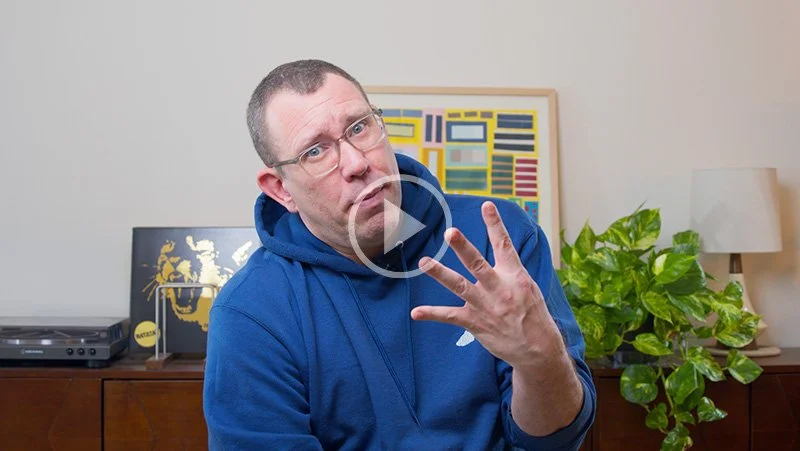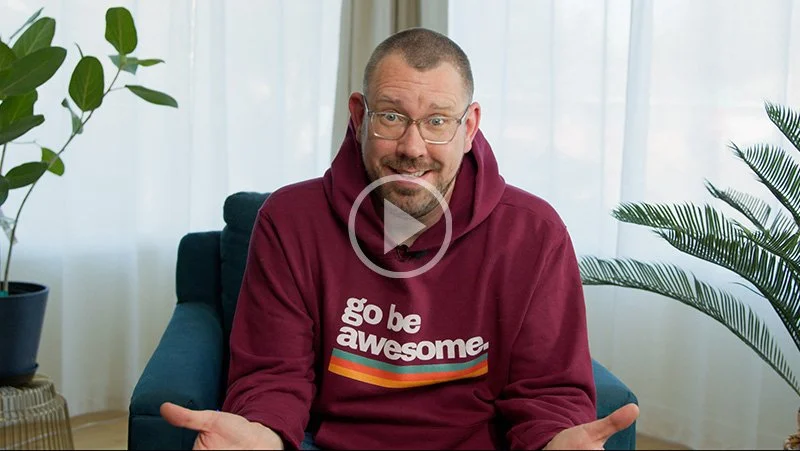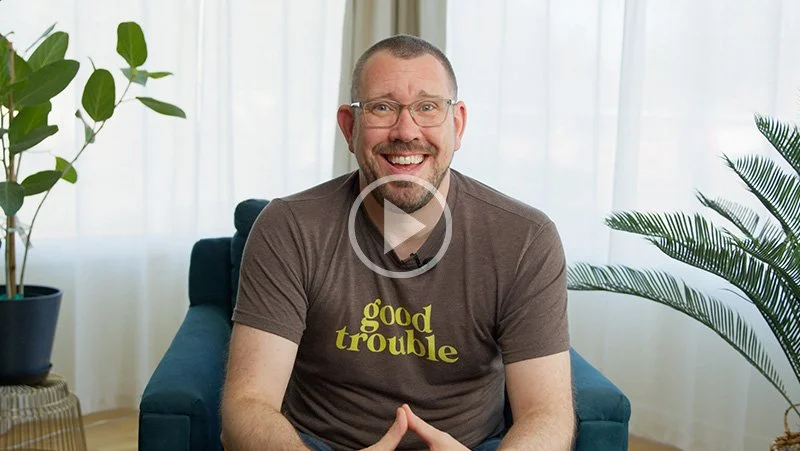Dealing With Someone Who Complains About Others
Welcome to the #culturedrop. Every Tuesday, Galen Emanuele emails tools to advance leadership skills, team culture, and personal growth. No spam, just great content. Sign up now to get it in your inbox.
Dealing with someone who’s complaining about others.
An important topic for teams.
*A quick side note before I dive into this… I know that there is nuance with this conversation. I have some things to say to address that towards the end of this blog post, Please wait to read that before getting up in arms about because you can think of examples where what I’m going to say here doesn’t apply to all situations.
This is an important tool and mindset culturally inside an organization, and also for leaders to think about when somebody is coming and complaining about somebody else, or has a problem with someone else:
“... help them formulate the conversation, to take that back and have that with the person who is the source of the issue.”
Obviously you want that person feel safe and listened to. And as far as responding, I think the first response, especially as leaders (but also as a colleague, coworker, or friend) should be to help them formulate the conversation, to take back and have with the person who is the source of the issue.
It's a really important mindset and behavioral norm for teams to get into the habit of trying to solve and address issues with others directly and at the source first.
When we don't have that as part of our culture inside an organization, then:
1) Leaders end up having to resolve clashes and step in all the time to put out fires and deal with issues.
2) Eventually those situations need to come back to the two people involved to resolve together directly so taking the scenic route to get to that point ends up with a bunch of extra energy and often drama that could be avoided if people had the mindset, skill, and ability to sort these things out with each other when they arise.
Empower and support.
Help that person formulate the conversation to go have directly with the other person. This is where being highly skilled in conflict management and difficult communication is a huge benefit to you and the people around you.
And of course, it’s important to still offer support to them. If they try to resolve things and it doesn’t go well then have them come back so that you can step in or support in another way. Don’t abandon them. They may not have high skills in these ares but this is where you can give them advice and they can have a chance to practice navigating the situation.
“... practice with them so that when they say the words it won’t be the first time, when the stakes are high.”
Work with them to formulate how to address things, what to say, how to say it, what to look out for, etc. And practice with them so that when they say the words it won’t be the first time, when the stakes are high.
Your personal skill is a huge benefit to support.
Situations like this are one of the reasons why it is so beneficial for you personally to be highly skilled in the areas of difficult conversations, non-violent communication, resolving conflict, etc. You can make your life, and other’s lives, a lot easier by imparting some wisdom and guidance when they ask for and need it.
My favorite book to recommend in this regard is Fierce Conversations by Susan Scott.
This conversation has nuance.
What I want to say about the nuance of this topic is that if somebody is going to their leader or they're going above their leader up the chain of command because they don't feel safe talking to the other person, or because there's some ethical or legal circumstances that have been violated, that is a very different story.
If, for example, someone has been sexually harassed or it's a serious HR issue, or there’s fear of retaliation, then there's some discretion needed here. Some situations are severe and solving it directly with that person is not necessary or appropriate at all.
“There can be many different shades of gray in these types of conversations.”
Final thoughts.
There can be many different shades of gray in these types of conversations. Overall, the heart of what I'm saying is that for leaders, colleagues, or friends, this route is extremely productive and often the most helpful thing to do.
Help them go and directly solve the issue with the other person whenever possible and appropriate.
Related Articles:
How to Resolve Conflict Between Two Co-Workers
Want more?
This article was created by Galen Emanuele for the #culturedrop. Free leadership and team culture content in less than 5 minutes a week. Check out the rest of this month's content and subscribe to the Culture Drop at https://bit.ly/culturedrop








